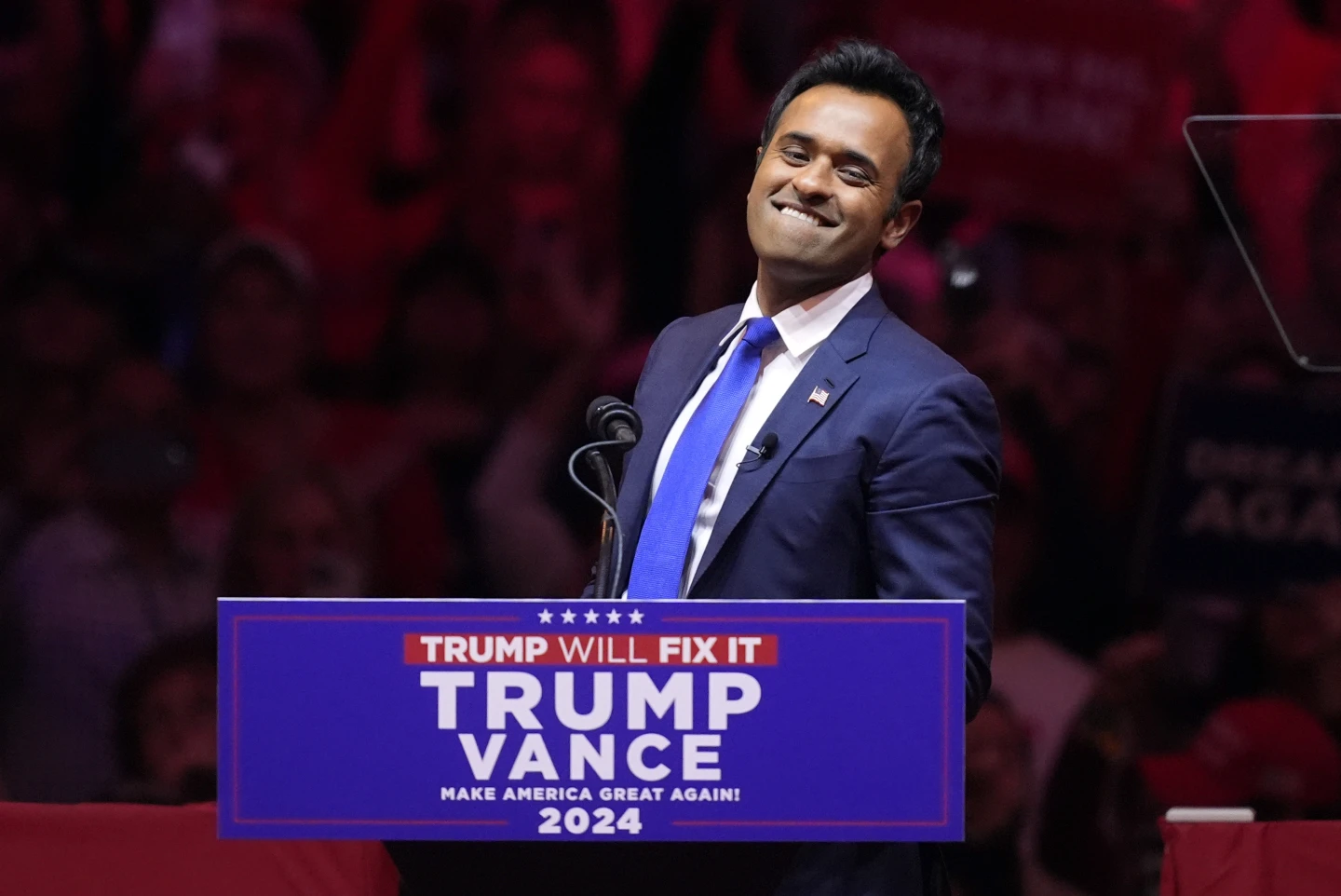Elon Musk and Vivek Ramaswamy suggested a strategy to ease regulatory burdens by pausing the enforcement of environmental regulations, an idea they presented in a Wall Street Journal op-ed.
They argued that halting the enforcement of certain rules would free businesses and individuals from unnecessary restrictions and boost the U.S. economy. However, legal experts have expressed doubts about the feasibility and impact of this approach, questioning its practical benefits for industries.
Regulatory compliance remains a legal obligation for companies, even if enforcement is paused. Jeff Holmstead, a former EPA official, noted that businesses would still need to follow existing rules to avoid legal and financial risks. For companies, the uncertainty surrounding enforcement pauses might not be preferable to the stability provided by a clear regulatory framework.
Federal agencies do have discretion in enforcement decisions, which allows them to prioritize cases or allocate resources strategically.

This discretion can shield agencies from lawsuits if they choose not to enforce specific regulations. Michael Gerrard of Columbia Law School explained that enforcement discretion limits the ability of external groups to force agencies into action. However, this does not protect companies from direct lawsuits under existing environmental laws.
Environmental statutes like the Clean Air Act enable citizens and advocacy groups to sue companies for regulatory violations. If successful, these lawsuits can result in fines, operational disruptions, or compliance mandates, even if federal regulators choose not to intervene. For instance, a company constructing a coal-fired power plant without proper permits could face significant legal challenges and investor concerns.
Critics argue that the proposed enforcement pause offers little practical relief to businesses while exposing them to litigation risks. Holmstead emphasized that reducing regulatory burdens requires substantive changes to the regulations themselves, not just a halt in enforcement. Without such changes, the proposal may fail to achieve its intended economic and regulatory benefits.


